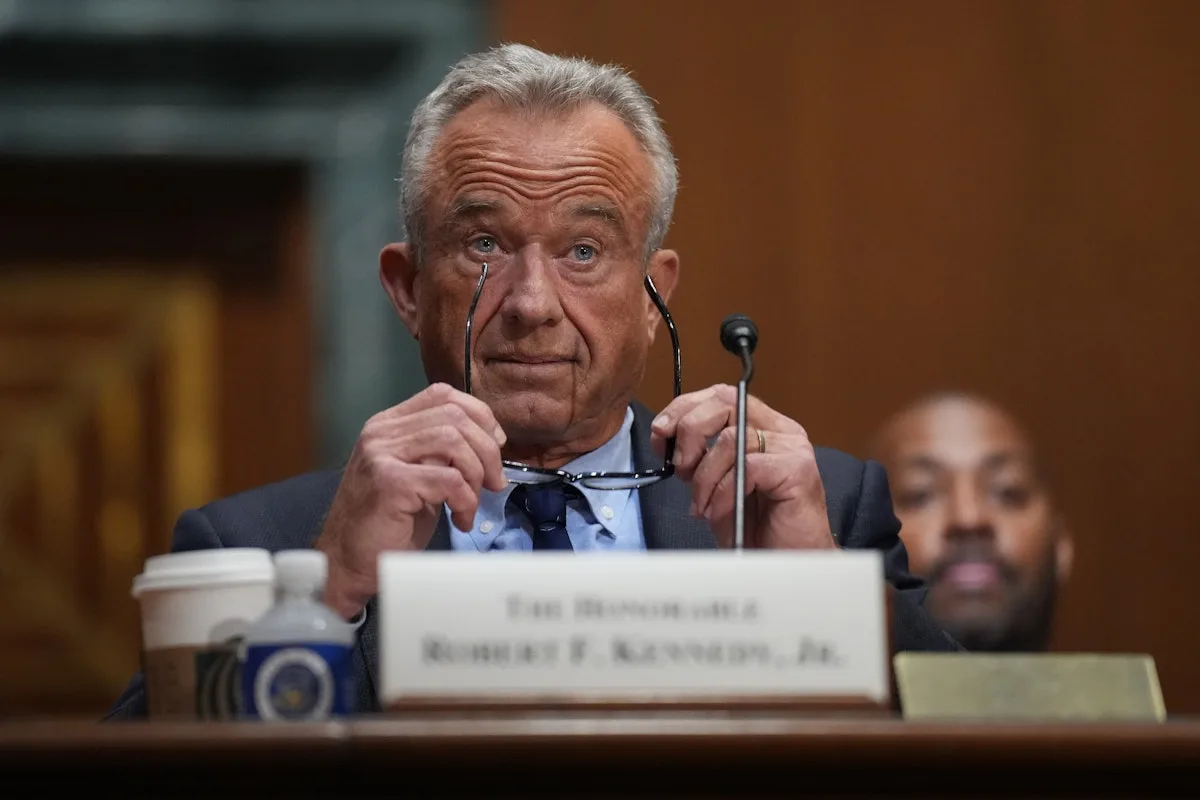Recent developments in U.S. public health policy have drawn sharp criticism following Robert F. Kennedy Jr.’s delay in endorsing updated COVID-19 vaccine recommendations for children. As the pandemic continues to evolve, timely vaccination remains a cornerstone in safeguarding vulnerable populations, particularly young children who may face increased risks of severe illness. Experts warn that this hesitation could have far-reaching consequences for public health, healthcare systems, and families across the country.
The Centers for Disease Control and Prevention (CDC) regularly updates its immunization schedules based on the latest scientific data, ensuring vaccines remain effective against evolving COVID-19 variants. However, Kennedy’s cautious approach has created a bottleneck, delaying the rollout of vaccines for children. Public health authorities argue that such delays may prevent children, especially those from low-income communities, from receiving critical protection in a timely manner. This is particularly concerning given that children under the age of 12 have historically lower vaccination rates, leaving them more susceptible to outbreaks in schools and daycare centers.
Kennedy’s decision-making has also drawn scrutiny due to the composition of his advisory panel. Observers note that some members of the panel have expressed skepticism toward vaccines in the past, raising questions about potential biases influencing the review process. The panel’s deliberations, including postponed votes on vaccine guidance, have further slowed the adoption of CDC recommendations, prolonging uncertainty for families and healthcare providers alike.
Healthcare experts emphasize that timely vaccination is not just about individual protection; it is a public health imperative. Delays in vaccine administration can exacerbate hospital strain during COVID-19 surges and increase the risk of community transmission. Children who remain unvaccinated are more likely to contract and spread the virus, which can also impact vulnerable populations, including the elderly and immunocompromised individuals.
Parents and caregivers are now faced with a challenging situation. While many want to follow the latest scientific guidance, the bureaucratic delays create confusion about which vaccines are recommended and when. Pediatricians and healthcare providers are stepping in to educate families about the importance of vaccination and to provide guidance on available options, even as official recommendations lag.
Public health advocates argue that clear communication and prompt action are essential to maintaining public trust. “Vaccines work best when they are administered on schedule, especially for children who are still building their immunity,” says one pediatric infectious disease specialist. “Any delay can leave a gap that the virus can exploit, potentially leading to preventable illness and hospitalizations.”
The situation also underscores a broader challenge in vaccine policy: balancing caution with urgency. While careful review is necessary to ensure safety, experts agree that prolonged hesitation, particularly in the context of a global pandemic, can result in avoidable health risks. For children, whose immune systems are still developing, timely vaccination is a critical step in preventing long-term consequences from COVID-19 infection.
As the debate continues, healthcare providers are urging families to stay informed and proactive. Pediatricians recommend discussing individualized vaccination plans with a qualified medical professional and monitoring local public health updates for changes in vaccine availability. Meanwhile, public health authorities continue to advocate for faster implementation of CDC recommendations to ensure that children nationwide receive the protection they need.
In summary, Kennedy’s delays in endorsing updated COVID-19 vaccine guidance highlight the tension between policy, science, and public health urgency. For children, the stakes are high: timely access to vaccines not only protects individual health but also strengthens community resilience against COVID-19. The coming weeks will be crucial in determining whether these delays are resolved and whether families can confidently access the protection their children need to thrive safely in a post-pandemic world.















Leave a Reply